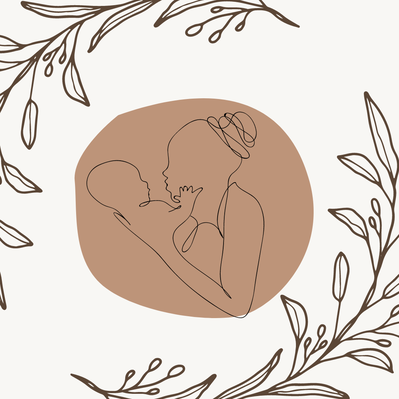|
As a new mom, you may feel overwhelmed with all the changes and responsibilities that come with caring for a newborn. It is completely normal to feel tired, stressed, and emotionally drained during this time. However, it is important to be aware of the signs and symptoms of postpartum mood and anxiety disorders, as these conditions can significantly impact your well-being and your ability to care for your baby.
Postpartum mood and anxiety disorders, also known as perinatal mood and anxiety disorders (PMADs), are a group of mental health conditions that can occur during pregnancy or after childbirth. These disorders can range from mild to severe and can include: Postpartum depression: This is a type of depression that occurs after childbirth. Symptoms may include feeling sad or hopeless, loss of interest in activities you used to enjoy, difficulty concentrating, sleep disturbances, and changes in appetite. Postpartum anxiety: This is a type of anxiety disorder that occurs after childbirth. Symptoms may include feeling anxious, restless, or on edge, difficulty sleeping, difficulty concentrating, and physical symptoms such as racing heart, sweating, and dizziness. Postpartum obsessive-compulsive disorder (OCD): This is a type of OCD that occurs after childbirth. Symptoms may include obsessive thoughts or worries about your baby's safety or your own ability to care for your baby, and compulsive behaviors such as excessive cleaning or checking on your baby. Postpartum post-traumatic stress disorder (PTSD): This is a type of PTSD that can occur after a traumatic childbirth experience, such as complications during delivery or a baby being born with a health condition. Symptoms may include flashbacks, avoidance of thoughts or situations related to the traumatic event, and feeling detached or estranged from your baby. It is important to remember that everyone's experience with postpartum mood and anxiety disorders is different, and you may experience a combination of the above symptoms. If you are experiencing any of these symptoms and they are impacting your daily life and your ability to care for your baby, it is important to seek help from a healthcare provider. If you are struggling with postpartum mood and anxiety disorders, know that you are not alone and that help is available. It is important to prioritize your own self-care and seek support from your healthcare provider, a therapist, or a support group. Taking care of yourself will not only benefit you, but it will also benefit your baby as you will be able to provide the best possible care for them. Remember, it is okay to not feel okay. Seeking help is a brave and important step in taking care of yourself and your family. You deserve to feel happy and healthy, and with the right support and treatment, you can. If you find the distress with returning to work or transitioning to staying at home as overwhelming, it may be time to speak to a counselor. If unsure about speaking with a counselor, there are a few assessments that can take to guide you in understanding if there is a need. Click "Check Your Symptoms" in our menu to assess if your symptoms. Comments are closed.
|


 RSS Feed
RSS Feed